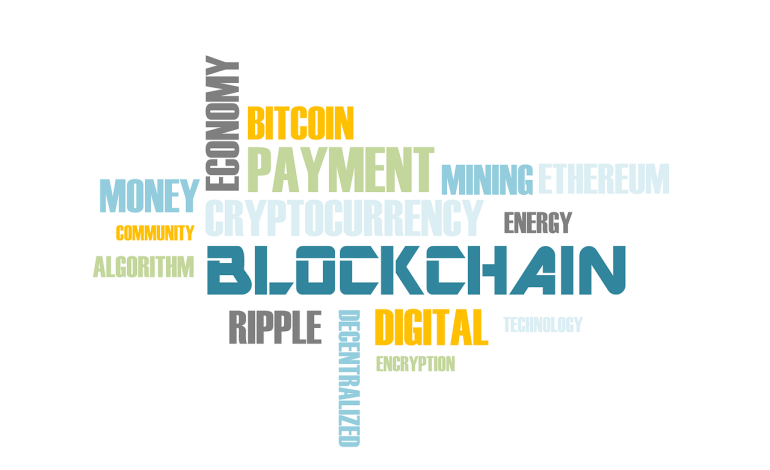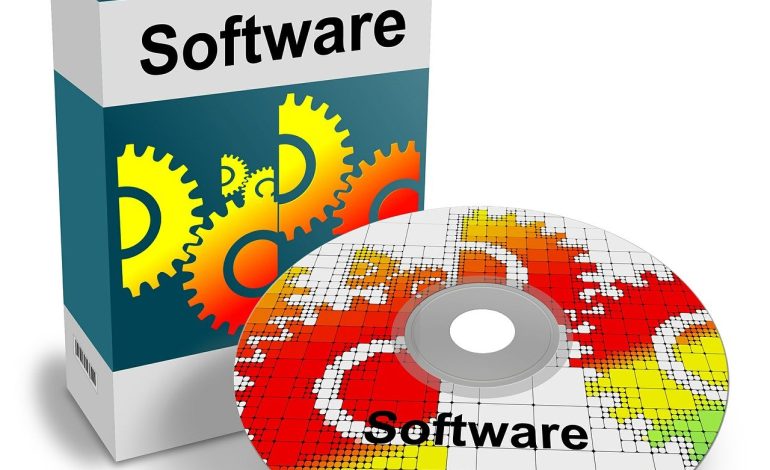
Blockchain Beyond Cryptocurrency: Revolutionizing Industries
IMAGE CREDIT: PIXABAY
Blockchain technology is widely known for being the underlying framework of Bitcoin and other cryptocurrencies. However, its potential extends far beyond the realm of digital currencies. As we explore blockchain beyond the hype, it’s important to understand how this decentralized technology is transforming a variety of industries. From global governance and supply chain management to healthcare and finance, blockchains and global governance are redefining how businesses and governments operate.
What is Blockchain?
At its core, blockchain is a distributed ledger technology (DLT) that records transactions across multiple computers, ensuring that the data cannot be altered retroactively. The innovation of blockchain lies in its decentralized nature, meaning there is no central authority controlling the system. Initially, bitcoin and beyond cryptocurrencies captured the world’s attention, but blockchain’s application potential extends far beyond financial transactions.
Blockchain Beyond the Hype: Real-World Applications
Blockchain has long been associated with cryptocurrency, especially Bitcoin beyond the bubble, but it offers much more than just a way to store and transfer value. Here are several key areas where blockchain is revolutionizing industries:
1. Supply Chain Management
Blockchain provides a transparent and secure way to track goods as they move through the supply chain. By using blockchain, companies can verify the authenticity of products and ensure that their sourcing and production processes are ethical. This has significant implications for industries like food safety, pharmaceuticals, and luxury goods, where provenance and quality assurance are crucial.
2. Healthcare
In healthcare, blockchain offers solutions for securely managing patient data. Traditional healthcare systems are often fragmented, leading to inefficiencies and data breaches. Blockchain enables secure, interoperable health records, allowing doctors and hospitals to access patient information quickly while maintaining privacy. This can lead to improved outcomes and a more efficient healthcare system.
3. Global Governance
Blockchain is also making waves in global governance by offering more transparent and efficient systems for managing voting, identity verification, and international agreements. For instance, blockchain can enable secure, tamper-proof voting systems that ensure the integrity of elections. Additionally, it can streamline bureaucratic processes by offering real-time, transparent records that are difficult to manipulate.
4. Smart Contracts and Legal Tech
Another area where blockchain is having a transformative effect is in the legal sector. Smart contracts — self-executing contracts with the terms directly written into code — can automate and enforce agreements without the need for intermediaries. This reduces costs, increases efficiency, and minimizes the risk of fraud, especially in industries like real estate, insurance, and law.
5. Finance and Payments
While bitcoin and beyond cryptocurrencies have captured the most attention in the financial sector, blockchain is also transforming traditional finance through applications like cross-border payments and digital currencies. Blockchain allows for faster, cheaper, and more secure transactions by eliminating the need for intermediaries such as banks. This is particularly advantageous in regions with underdeveloped banking infrastructure.
6. Intellectual Property (IP) Protection
Blockchain is revolutionizing how intellectual property is managed and protected. By creating immutable records of ownership and creation dates, it helps prevent intellectual property theft and disputes. Artists, musicians, and creators can use blockchain to prove ownership of their work and receive fair compensation through decentralized platforms.
Beyond Blockchain: The Future of Decentralized Technology
While blockchain beyond the hype has already shown its ability to transform industries, we are only beginning to understand its full potential. As we look ahead, blockchain will continue to evolve alongside other emerging technologies such as artificial intelligence (AI) and Internet of Things (IoT). The integration of these technologies with blockchain could lead to more autonomous, secure, and efficient systems across various sectors.
The development of beyond blockchain applications, such as hybrid blockchain systems or blockchain interoperability, could enable more seamless integration of decentralized technologies. This would allow businesses to leverage blockchain’s full potential while maintaining flexibility and scalability.
The Challenges Ahead for Blockchain Technology
Despite its potential, blockchain technology faces several hurdles before it can achieve widespread adoption. Scalability is one of the most pressing issues, as current blockchain systems are often slow and unable to handle large-scale transactions. Moreover, regulatory uncertainty, security concerns, and the environmental impact of blockchain (especially proof-of-work consensus mechanisms like Bitcoin) must be addressed before it can be fully integrated into mainstream industries.
Conclusion
Blockchain technology is much more than just the engine behind cryptocurrencies like Bitcoin. As we’ve explored, its applications span various industries, from global governance and healthcare to supply chains and finance. Bitcoin beyond the bubble represents just one part of the story, and blockchain beyond the hype is starting to revolutionize the way businesses operate globally.
As blockchains and global governance continue to evolve, the technology’s impact will only increase. With its potential for greater transparency, security, and efficiency, blockchain is set to redefine industries in ways we are only beginning to understand. While challenges remain, the future of blockchain technology is bright, and its applications will continue to reshape industries and governance models worldwide.
REKATED TOPICS:
Quantum Computing 2025: The Next Frontier in Technology – TECH GROWE





